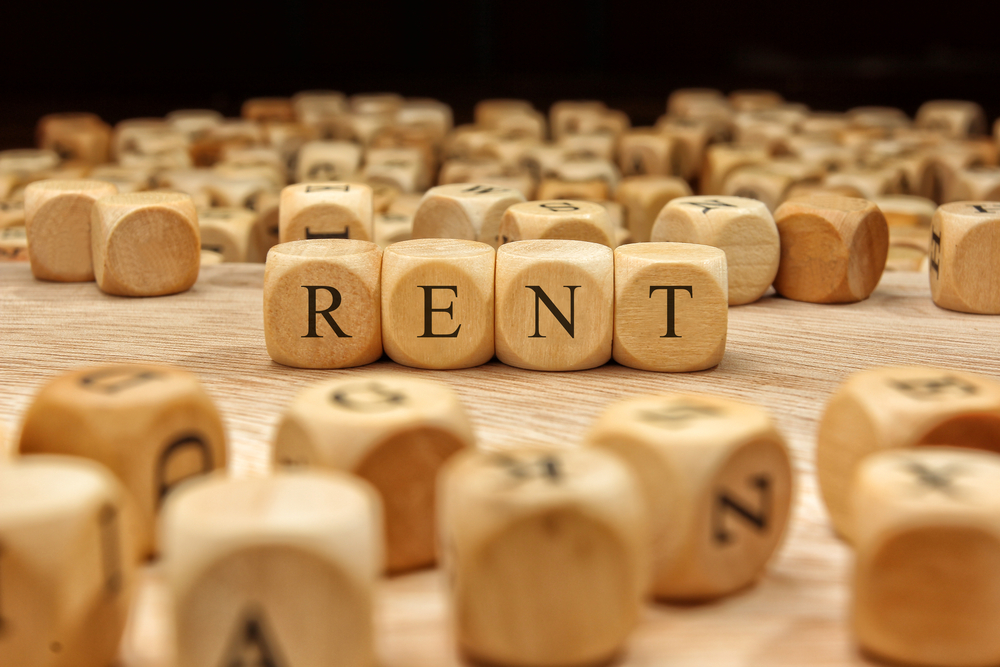The South East of England and the East Midlands showed the highest annual rent increases in the UK over the last year, new data has revealed. According to the latest HomeLet Rental Index, rents rose 7.2% to £933 in the South East and 6.8% to £646 in the East Midlands. Greater London rent was up […]
 The South East of England and the East Midlands showed the highest annual rent increases in the UK over the last year, new data has revealed.
The South East of England and the East Midlands showed the highest annual rent increases in the UK over the last year, new data has revealed.
According to the latest HomeLet Rental Index, rents rose 7.2% to £933 in the South East and 6.8% to £646 in the East Midlands.
Greater London rent was up 6.2%, the slowest rate of growth seen in the capital since March 2014. The average rent in London is now £1,510 per month.
Overall, average rent in the UK, excluding Greater London, is now £740 per month.
The index showed that 11 out of 12 regions recorded price rises over the past year, with only the North West of England seeing prices dip. Average rents in the North West fell by 3.4% from £646 per month to £624.
There was a marginal rise in prices on a monthly basis. Rent prices in the UK, excluding Greater London, were 0.2% higher in January 2016 than December 2015. In Greater London, rent prices fell 0.9%. Overall, six out of 12 UK regions saw rent prices rise in January compared to December.
Martin Totty, Barbon Insurance Group’s chief executive, said: “It’s notable that there has been a further fall in the rate at which average rents in the Greater London area are rising. In recent years, the capital has seen much faster rates of increase than the rest of the country, but it may be that an affordability ceiling has now been reached in London and that rents will now track other parts of the UK more closely.
“The fact that UK-wide average rents in the private rented sector continue to show sustained upwards growth reflects there is still strong demand for rental properties, driven mainly by the impact of the long term structural imbalance in supply and demand of property. Landlords achieving higher average rents over time also suggests that tenants starting a new tenancy are proving they can afford higher average rents – with demand outstripping supply, some would-be tenants may be able to outbid rivals for properties, which could drive higher rents.”















Absolutely .. Rents are going to rise. In the Midlands they don’t seem to have risen much since 2003. Now there is a definite increase in momentum driven (I believe) by a back-log of cost rises and the increase in volume of Tenants seeking property. Further rises will be fueled by the new tax changes for private landlords. Fewer landlords will potentially mean fewer properties overall and combined with the fact that profitability has been driven down by the new 40% tax interest changes, then escalating rents are inevitable. When profit goes down then Landlords have a simple choice, to either exit the market altogether, or increase the rents? I am sure the changes in Govt policy will backfire for the poor old tenants at the end of the day !!
This would have been much more useful if it had also contained a comparable with the rise / fall of property VALUES in the same areas